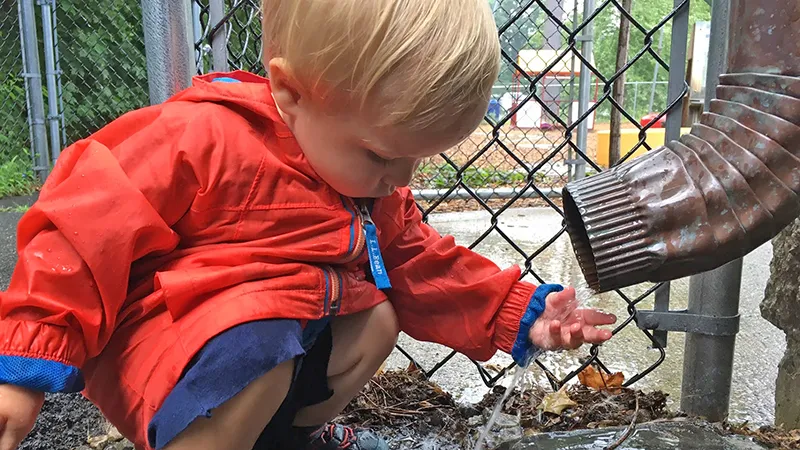
Fort Hill
Center for Early Childhood Education
The Center for Early Childhood Education is located on the Fort Hill campus of Smith College in Northampton, Massachusetts. The center, commonly referred to as “Fort Hill,” offers full- and part-time early education and care for children from infancy through preschool, and is open to all children in the surrounding communities. The program provides exemplary early education and care for young children; offers a laboratory for research and fieldwork for college students and faculty; and supports the child care needs of families.
It is our vision that each child who comes through our door join a community of children, families and teachers engaged in the joy, work and wonder of childhood.
“There is a garden in every childhood, an enchanted place where colors are brighter, the air softer, and the morning more fragrant than ever again.”

Contact Center for Early Childhood Education
Fort Hill
28 Lyman Road
Northampton, Massachusetts 01063
Phone: 413-585-3290 Email: cece@smith.edu
Director: Jennifer Godlesky
413-585-4329
jgodlesk@smith.edu
Assistant Director: Laurie DeMello
413-585-4280
ldemello@smith.edu
Office Coordinator: Lori McKenna
413-585-3290
lmckenna@smith.edu